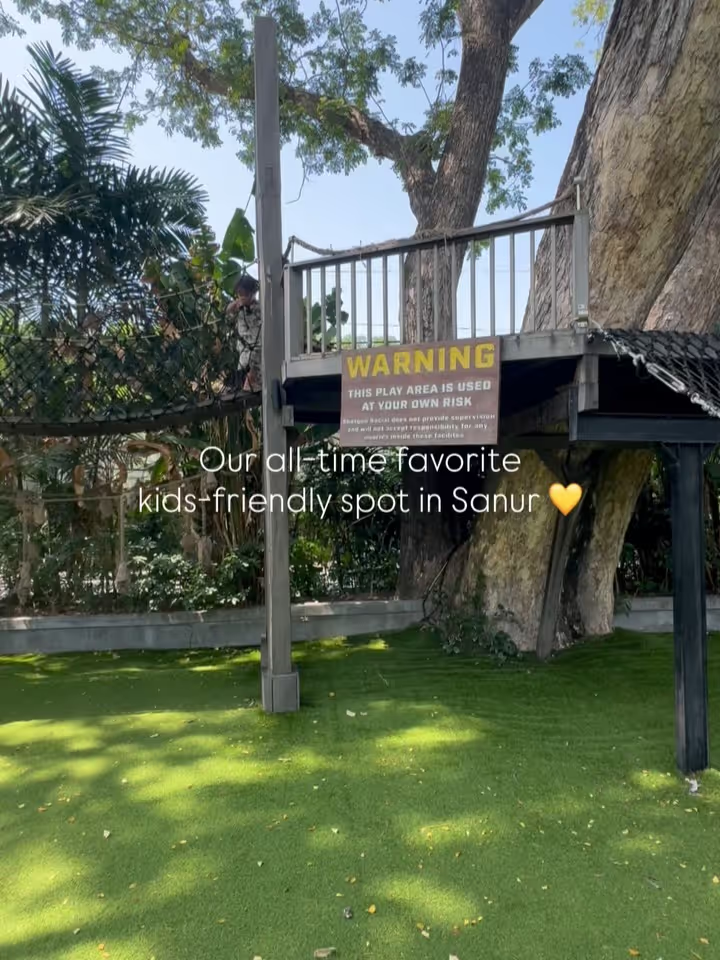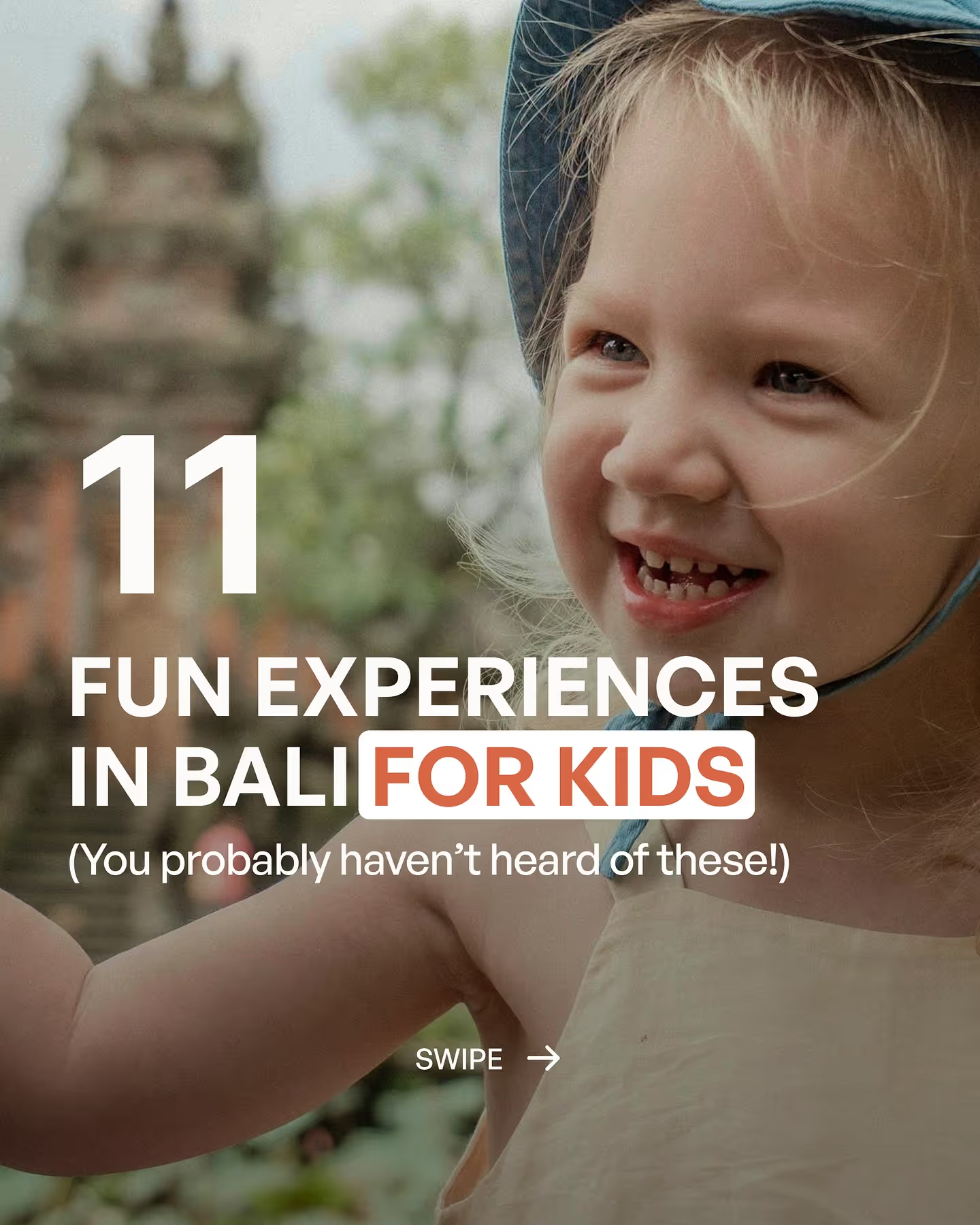What vaccines does your baby need for Bali? Essential travel vaccination guide
Flying to Bali with a baby?
Skip the stress. Pre-order your baby essentials and have them waiting at your accommodation when you arrive.
Arriving in Bali soon?
Make your arrival stress-free! Book your private airport transfer with a car seat included.
Worried about mosquitoes in Bali?
Keep your family protected from bites and save space in your luggage with our all-natural Go Away Mozzy Essential Pack. Safe for babies and expecting mamas, and proven to work in Bali’s tropical climate.
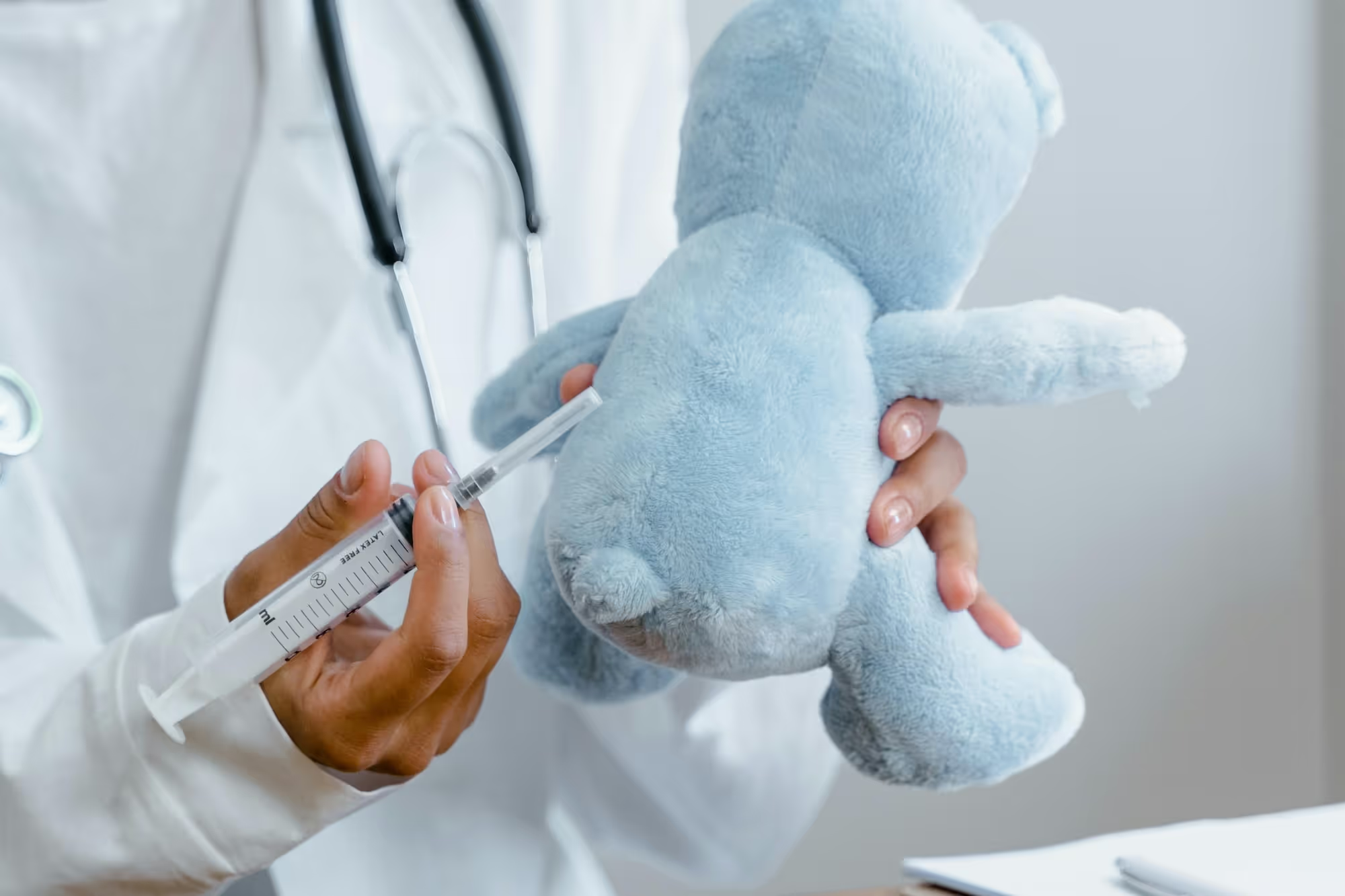
Disclaimer: This post is for informational purposes only and does not constitute medical advice. The content shared here reflects general guidance based on publicly available recommendations from healthcare professionals. We always recommend consulting with your child’s pediatrician or a healthcare provider before making any vaccination decisions for your child.
Traveling with babies can be exciting, but it also brings its own set of concerns. When planning a trip to Bali, one important thing to consider is vaccinations. While some diseases may not be common in developed countries any longer, it’s a different story in Indonesia, where certain infections are still prevalent. It’s crucial to ensure your little one is well-protected before heading to this beautiful tropical island.
As a mom planning a trip, you’re probably wondering which vaccinations your baby should have before visiting Bali. In this guide, we’ll break down the essential and recommended vaccines that will keep your baby or toddler safe while enjoying the paradise that is Bali. Plus, we’ll touch on a recent health development in Bali that you should know about, specifically related to polio.
Essential Vaccinations for Babies Coming to Bali
1. Polio Vaccine
Polio is a viral infection that can lead to paralysis, especially in young children. Although polio has been eradicated in many parts of the world, it is still a concern in some countries, including Indonesia. Indonesia has made significant strides in fighting the disease, but it’s important to ensure that your baby’s vaccinations are up to date before traveling.
In 2024, Bali and other regions of Indonesia initiated a nationwide reimmunization campaign for all children, including babies. This move came in response to a rise in cases of polio in the area. Bali has seen cases of polio in recent years, and health authorities have launched efforts to ensure all children are vaccinated, preventing the virus from spreading further.
If you’re traveling to Bali, it’s crucial to make sure your baby has received the polio vaccine. Bali’s recent efforts to strengthen polio immunity in the region highlight the importance of this vaccination.
Why It’s Important
Polio can cause irreversible damage to the nervous system, leading to paralysis or even death. It’s a disease that is still present in some parts of the world, making vaccination essential when traveling to Bali.
2. Hepatitis B Vaccine
Hepatitis B is a serious viral infection that affects the liver and can lead to chronic conditions, such as cirrhosis or liver cancer. In many countries, Hepatitis B is part of the standard vaccination schedule for infants. However, if your baby is not yet vaccinated, or if you are unsure about their vaccination status, it’s recommended to get the Hepatitis B vaccine before traveling to Bali.
Hepatitis B is transmitted through blood and bodily fluids, and while it may not be as widespread in developed countries, it’s more common in parts of Southeast Asia, including Indonesia. In Bali, Hepatitis B is still a concern, especially in areas with limited healthcare infrastructure. Ensuring your baby is vaccinated against Hepatitis B will help protect them from this potentially dangerous infection.
Why It’s Important
Hepatitis B can cause serious liver damage over time, and since the disease is easily transmitted in regions where healthcare may be less accessible, it’s a good idea to vaccinate your baby before traveling.
3. DPT (Diphtheria, Pertussis, Tetanus) Vaccine
The DPT vaccine protects against three diseases: Diphtheria, Pertussis (whooping cough), and Tetanus. These diseases are serious, and babies are particularly vulnerable. Diphtheria and Pertussis can cause severe respiratory issues, while Tetanus is a bacterial infection that can lead to painful muscle contractions, especially after an injury.
These diseases are still present in many parts of the world, including Indonesia. While cases may be less frequent in developed countries, they are still a threat in Bali. In addition, Indonesia has faced outbreaks of Pertussis in recent years, making it even more crucial to ensure your baby has the DPT vaccine before visiting.
Why It’s Important
Pertussis can cause life-threatening breathing difficulties in babies, and Tetanus can occur after a simple injury. Diphtheria can cause serious throat infections and difficulty breathing. Ensuring your baby is protected is essential when traveling to a destination like Bali.
Recommended Vaccinations for Babies Traveling to Bali
In addition to the essential vaccinations, there are some other vaccines that are recommended for babies traveling to Bali. These vaccines offer extra protection, especially in areas where certain diseases are more common.
4. Hepatitis A Vaccine
Hepatitis A is a viral infection that affects the liver and is typically spread through contaminated food and water. While Hepatitis A is preventable through vaccination, it’s still a concern in some parts of Indonesia, including Bali, where sanitation practices may not be as stringent in all areas.
In Bali, food and waterborne diseases are a risk, especially if you plan to visit rural areas or consume street food. Hepatitis A can cause symptoms such as fever, nausea, abdominal pain, and jaundice (yellowing of the skin). It’s generally a mild illness in children, but it can still make your baby sick and cause discomfort.
Why It’s Important
The Hepatitis A vaccine will help protect your baby from the virus, especially if you plan to visit places where hygiene practices are not as strict. It’s a simple vaccine that can go a long way in keeping your baby safe.
5. Typhoid Vaccine
Typhoid fever is another bacterial infection caused by contaminated food or water. While it’s more common in other regions of Indonesia, the risk of contracting typhoid in Bali is relatively low if you stick to clean, well-cooked food and bottled water. However, if you’re planning to explore more remote areas or eat street food, the typhoid vaccine may be worth considering.
Typhoid symptoms include fever, stomach pain, and weakness. In severe cases, the infection can lead to more serious complications, such as organ failure. Babies are particularly vulnerable to the effects of this infection.
Why It’s Important
If you’re traveling with a baby and plan to explore areas where sanitation may be a concern, the typhoid vaccine can provide an extra layer of protection.
6. Rotavirus Vaccine
Rotavirus is a common viral infection that causes severe diarrhea and vomiting, which can lead to dehydration, especially in babies and young children. It’s one of the leading causes of gastroenteritis in young children worldwide. While rotavirus infections are common in many parts of the world, the good news is that there’s a vaccine that can protect your baby from possible complications caused by this illness.
In Indonesia, rotavirus is still a concern, particularly in areas where sanitation practices may not be as rigorous. Although many babies receive the rotavirus vaccine as part of their routine vaccinations in developed countries, it’s worth checking to ensure your baby has received it, especially if they’re under six months old. The vaccine is highly effective at preventing severe forms of the disease.
Why It’s Important
Rotavirus can lead to dehydration, which can be dangerous for babies and young children. The rotavirus vaccine is a simple, effective way to protect your baby from severe illness, especially during travel to places where sanitation and hygiene might not always meet the same standards as at home. If your baby hasn’t received the vaccine, it’s something to discuss with your pediatrician before traveling to Bali.
7. BCG Vaccine (for Long-Term Residents)
The BCG vaccine is primarily used to protect against tuberculosis (TB). In many countries, BCG is given to babies as part of their routine vaccination schedule. However, in some developed countries, this may not be standard practice. If you are planning to relocate to Bali for a longer period or if you will be living there with your baby, it’s worth considering the BCG vaccine.
Tuberculosis is still prevalent in some parts of Indonesia, and while the risk of transmission is relatively low for travelers, it’s something to be mindful of. TB can be particularly dangerous for young children, and the BCG vaccine is the best way to protect your baby.
Why It’s Important
If you’re planning a long-term stay in Bali, particularly in more urban areas, the BCG vaccine can offer additional protection against TB.
Conclusion: Keeping Your Baby Safe in Bali
As a parent, ensuring your baby is protected against preventable diseases when traveling is a top priority. Bali, while beautiful and welcoming, does present certain health risks that may not be present in your home country. Polio, Hepatitis B, Diphtheria, Pertussis, and Tetanus are all diseases that still affect the region, and vaccination is key to protecting your baby during your trip.
In addition, the Hepatitis A, Typhoid, and BCG vaccines can provide added protection, especially if you plan to explore beyond the tourist hotspots or stay in Bali for an extended period. Be sure to consult your pediatrician before traveling to ensure that your baby’s vaccinations are up to date and that they receive any additional vaccines recommended for the trip.
Traveling with a baby is an adventure, and with the right precautions, you can make sure your little one stays healthy while you explore the wonders of Bali. Safe travels, and remember to always prioritize your baby’s health and well-being!
Worried about mosquitoes in Bali?
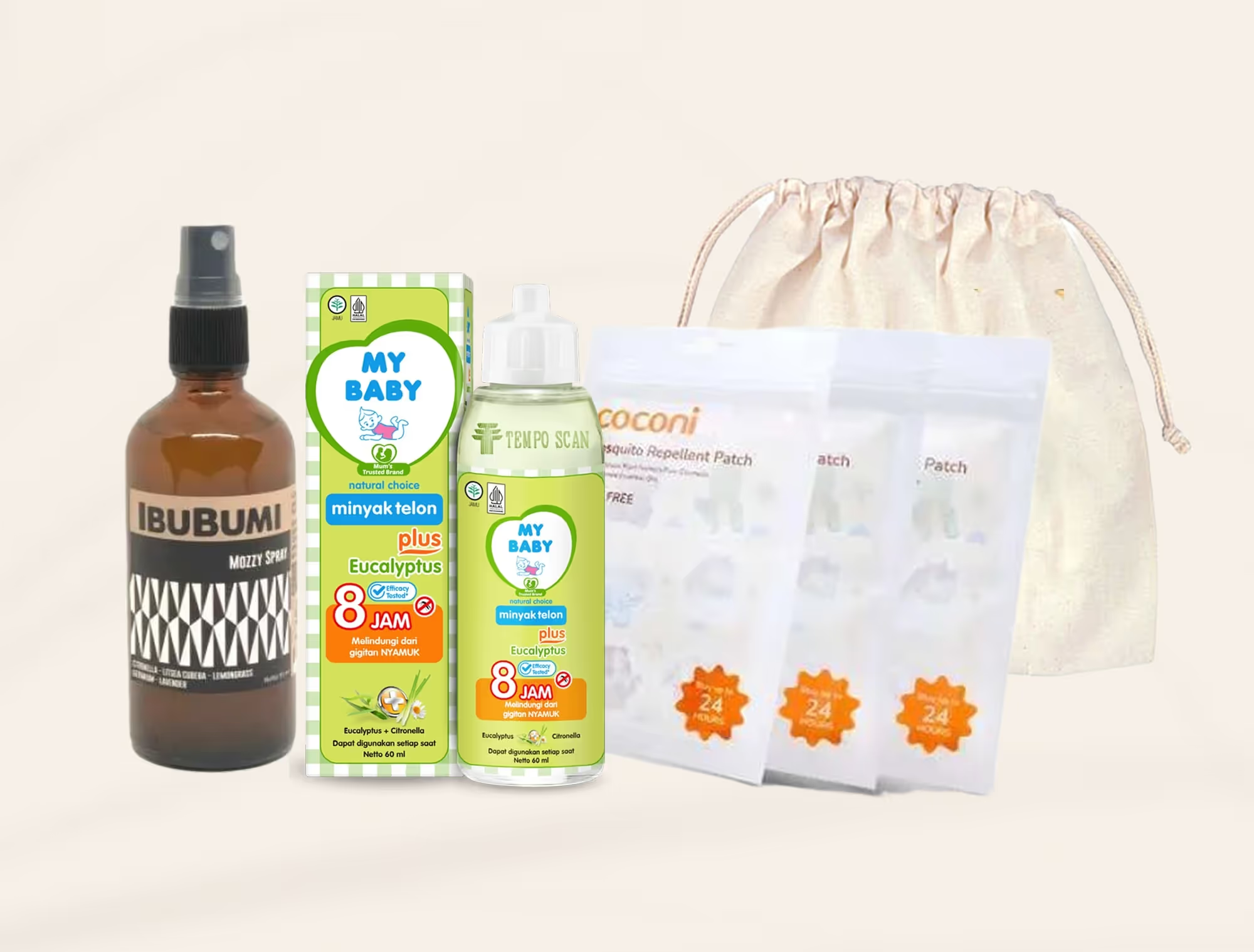
Keep your family protected from bites and save space in your luggage with our all-natural Go Away Mozzy Essential Pack. Safe for babies and expecting mamas, and proven to work in Bali’s tropical climate.
Arriving in Bali soon?
Make your arrival stress-free! Book your private airport transfer with a car seat included.
Flying to Bali with a baby?
Skip the stress. Pre-order your baby essentials and have them waiting at your accommodation when you arrive.


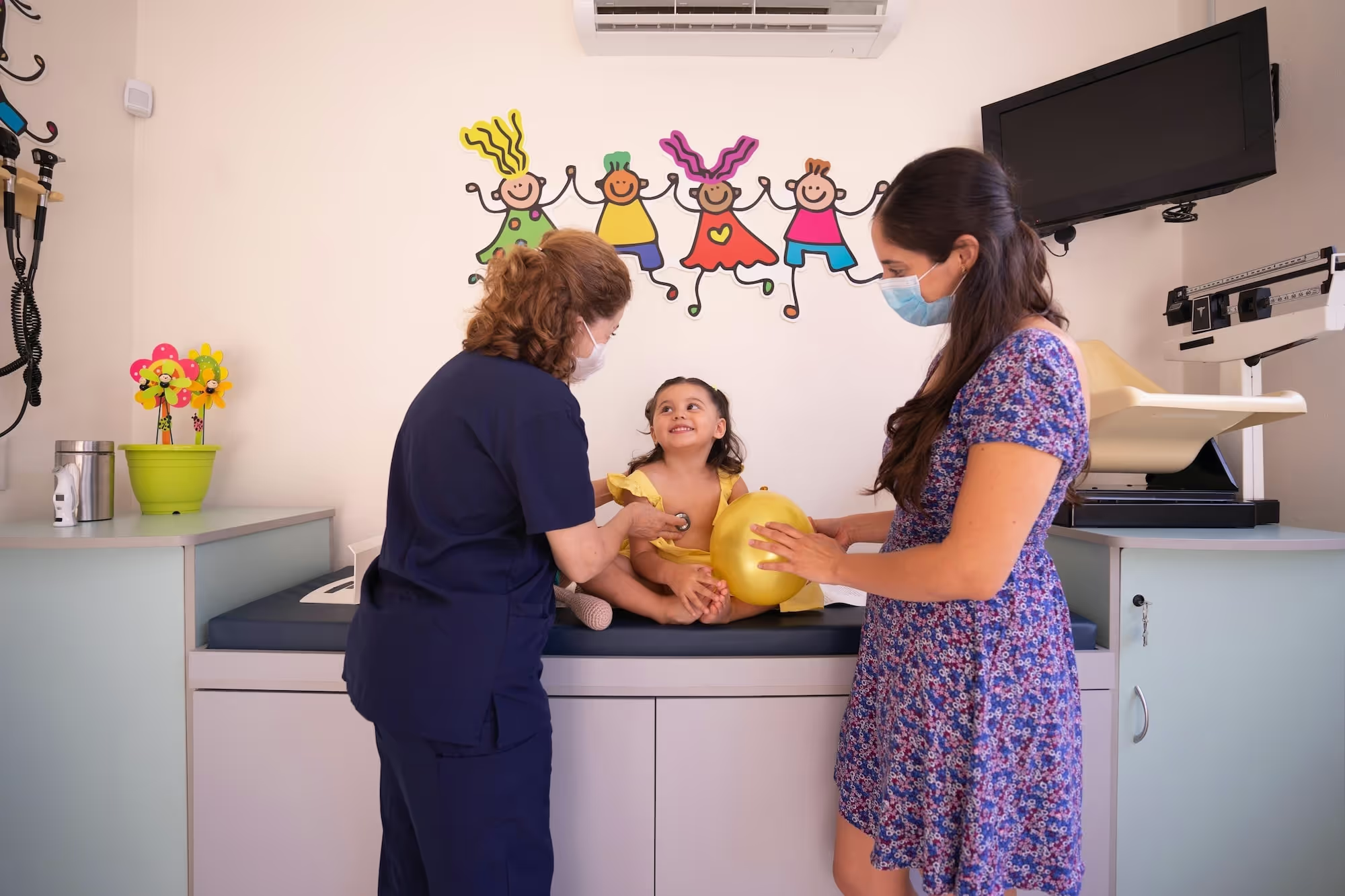
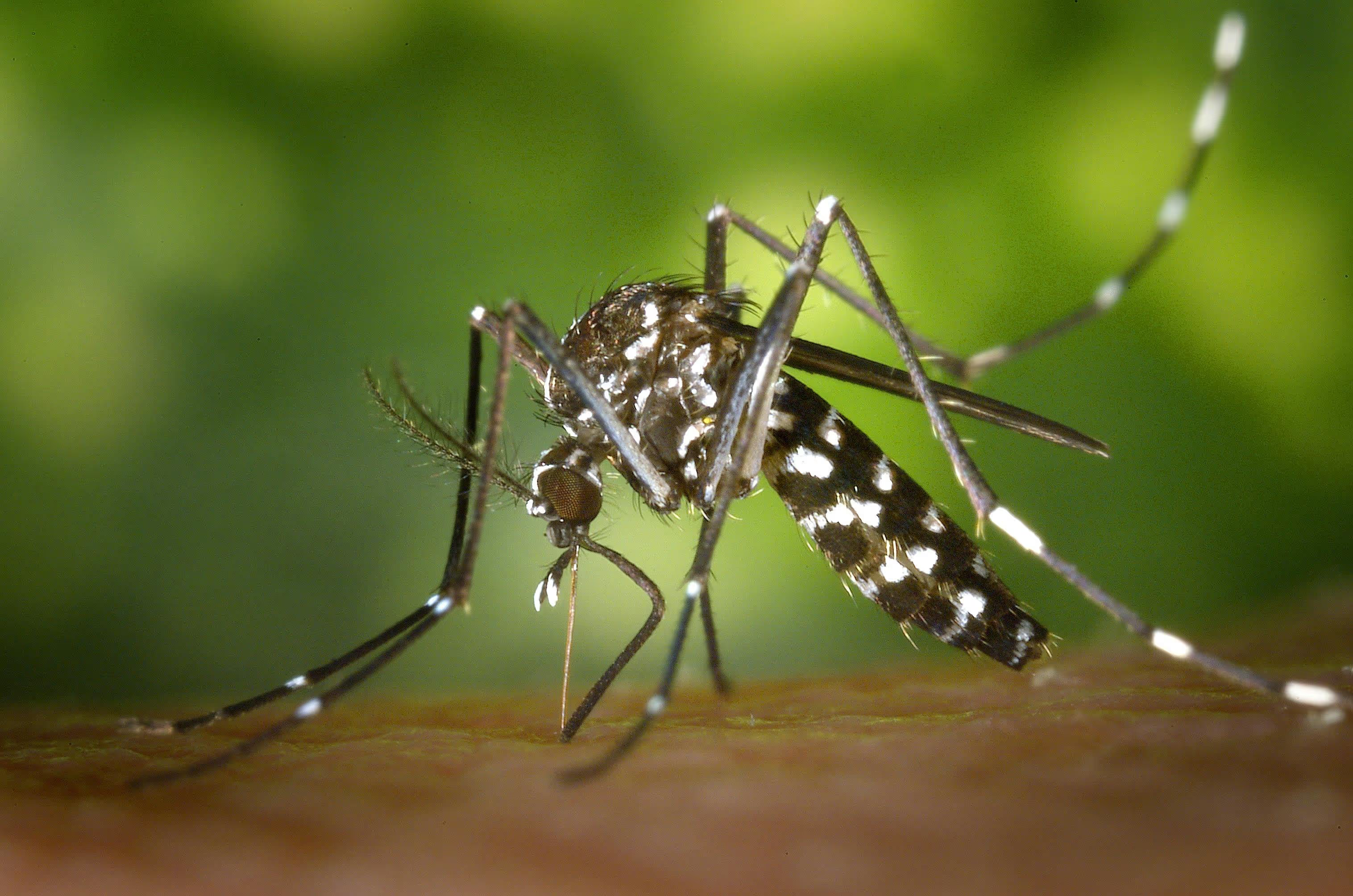
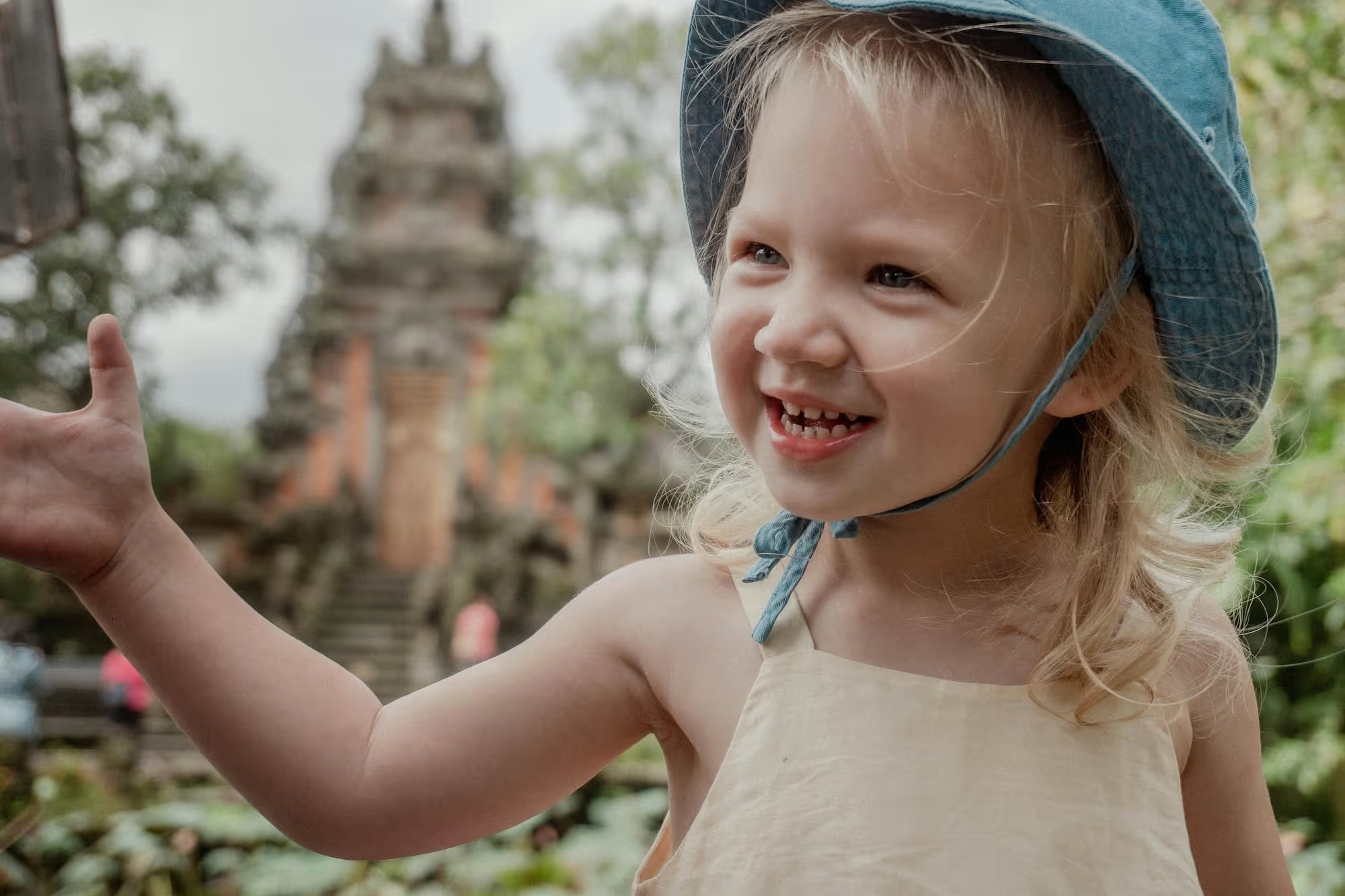




.svg)


